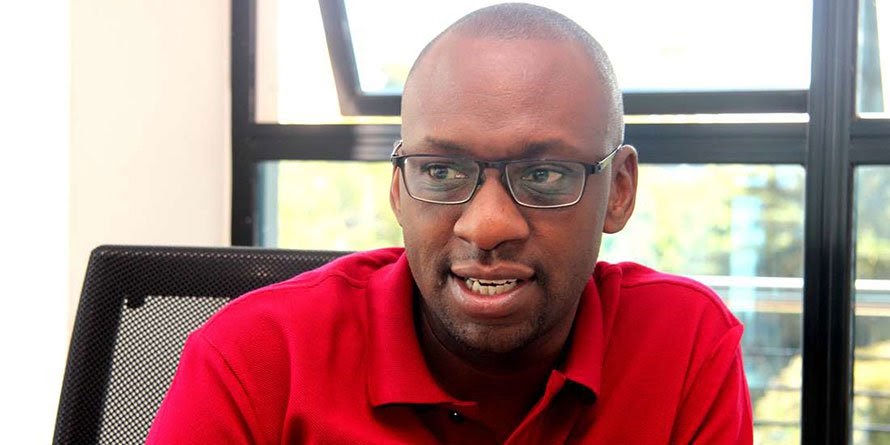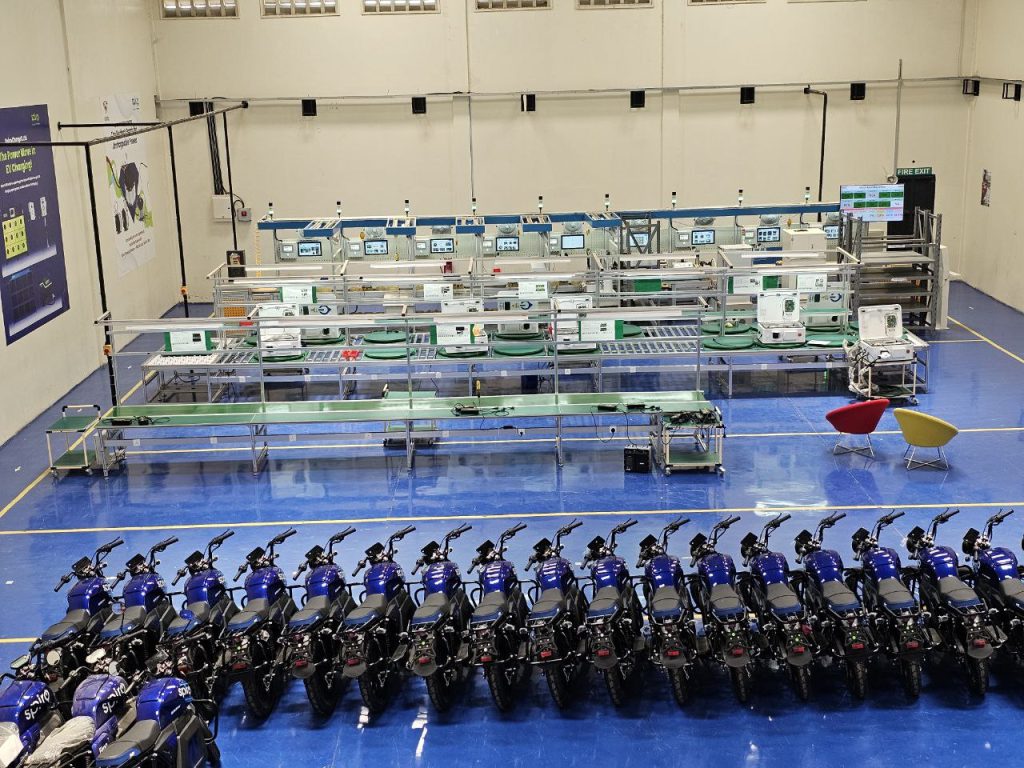It is the end of a leadership era at Cellulant, the Kenya-based fintech company, as co-founder Ken Njoroge says he will transition from his CEO role by June this year.
In a statement on the company’s website, the 45-year old self-styled evangelist of mobile commerce says his decision partly stems a desire to spend more time with his family, and the fallout of “a major internal crisis” that rocked the company in August 2020.
The crisis, Njoroge says, made it clear to him that Cellulant’s future will be determined by an “enterprise runner” whose job it is to build on the structure established over time and help grow the company’s strategic goals.
Cellulant is often recognized as an early leader of the fintech wave that now blows across Africa.
It was founded in Kenya around the same time as Nigerian payment companies Interswitch and eTranzact. These three have been pivotal to accelerating digital payments on two of the continent’s most tech-driven markets.
The Kenyan-born Njoroge initially started Cellulant with Bolaji Akinboro, a Nigerian, as a music ringtone revenue-sharing business to help musicians make money when users downloaded their songs.
The business pivoted to digital payments soon after. Today, it is an internationally acclaimed company that serves 12 markets through partnerships with about 28 mobile operators and 31 banks.
Using the biological growth of a cub to a lion as his reference, Njoroge’s exit note describes a feeling of gratitude and relief that, among other things, Cellulant has withstood some of its most trying times to remain an envied business.
The company’s internal crisis of 2020 involved a compliance and governance scandal.
According to their statement at the time, the Nigeria office discovered that some staff members inappropriately received funds from Agrikore wallets. Agrikore is Cellulant’s blockchain-based marketplace platform for connecting farmers, FMCG companies and other actors in the food value chain. 14 of those involved were dismissed.
Akinboro left Cellulant after those events to lead the founding of Voriancorelli, a B2B “matchmaking” startup whose remit is similar to Agrikore’s.
Cellulant’s crisis was one of a number of management-related issues at about three African startups in 2020, the others being the exodus at Cars45 and Bukky George’s tussle to retain control at HealthPlus.
In the brief period when these issues coincided, questions about Africa’s capacity to build long-lasting companies began bubbling to the fore.
But for Njoroge, Cellulant is “an ode to the belief that Africa could build great things. To create a solution on this continent, by Africans and for Africans, even in a field as westernised as technology was the dream we committed our lives to.”
Cellulant sizzled the airwaves in 2018 when it closed a $47.5 million Series C round led by TPG Growth’s Rise fund. It was the largest amount raised by a fintech at the time and signaled investor confidence in their trajectory.
2020’s chaos notwithstanding, Njoroge insists the business has never been in a better position to achieve its ideals. He says “The most critical technology, product, service & growth transformation happened over the last few months.”
He will remain a shareholder and director on the company’s board, and hopes to spend more time with his family. Speculation by industry watchers about what he does next has thrown up a few suggestions, from probably founding a venture capital firm to running a startup accelerator.
His words in the exit note lend credence to these suggestions:
“Africa needs Lion riders who can run faster, better and build world-class businesses that solve fundamental problems in this continent.
Most of them will be technology-driven. The next part of my journey is to nurture, build and grow a thousand more lion riders who can run faster, better and with fewer mistakes than I did.”




















